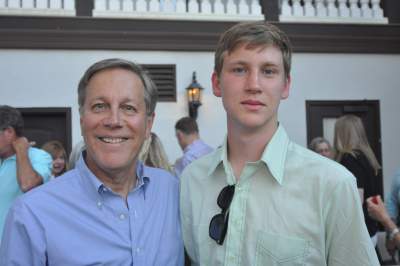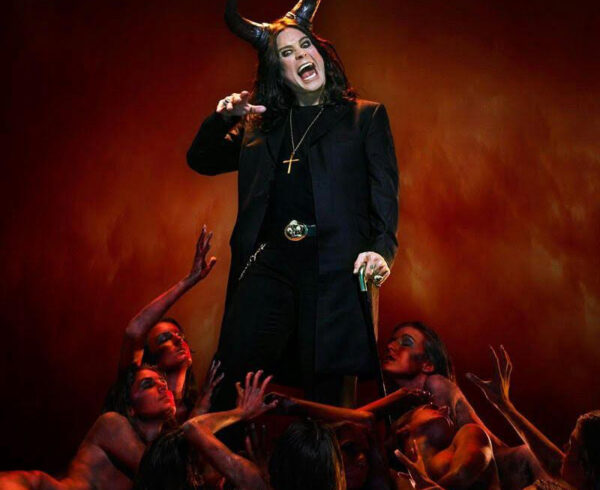“You are a language I have learned by heart”
— “Marriage of Many Years,” 99 Poems, New and Selected, by Dana Gioia
Contemporary artist Mako Fujimura recently called poet Dana Gioia the catalyst who singlehandedly reversed the decline of the arts in America. In fact, he’s the person most responsible for the “flourishing of today’s culture care movement.” In 2002 Business Weekly named Gioia as the “man who saved the humanities.” This accolade was offered just one year after President George W. Bush had named Gioia Chair of the National Endowment of the Arts.
During his tenure at the NEAm, Gioia’s greatest contributions were the Poetry Out Loud competition offered to high school students around the country, and the “Shakespeare in the Park” program which underwrote dozens of theater groups taking the Bard’s work to the masses free of charge.
After an eight year stint at the NEA, Gioia returned to private life in Sonoma County, California. He resumed his passion as a poet, commuting weekly to southern California where he taught comparative literature classes at USC. In 2015 California governor Jerry Brown named Gioia the state’s new poet laureate.
As the state’s leading advocate for the arts, Gioia undertook an odyssey to all 58 counties in California. In partnership with the California Commission for the Arts, he hosted public gatherings to celebrate local student winners of the Poetry Out Loud competitions, and advocated ordinary citizens’ taking part in poetry as a civic enterprise.
I caught up with Gioia and his wife, Mary, on a warm June evening in California’s golden foothills in the Amador County town of Jackson. In the county seat of less than 3900, more than 100 showed up on the patio of the National Hotel to hear Gioia present his own poetry and to honor Amador County’s Poetry Out Loud winner, Conor Broderick.
“Like politics,” Gioia explained, “poetry is best served local and mostly personal but [it] can support society best when it is seen from an only fractionally intellectual vantage point. Politics and poetics are not based solely upon a cost benefit analysis but as a “basic human art, a primal act of storytelling.”
What must be lost
Will never be lost by us— “Unsaid,” 99 Poems, New and Selected.
To that end, Gioia measured the current state of civic architecture as examples of democratic measure. “When you look at the buildings designed and built during America’s most difficult economic period of the 1930s, those buildings architecturally inspired the citizenry to believe in the virtues of the American experiment. They weren’t solely jobs programs, they were democratic ideals expressed in marble, cornices and bulwarks.”
In contrast Gioia, cited the architecture and constructions of federal buildings and even churches since the 60s and later. He noted, “There’s not much inspiration to be gleaned from the expressions found there. What makes the average citizen or religious believer hope there is virtue or beauty to be found inside these constructions?”
The poet then used the remaining time to recite a dozen of his own poetical works found in his newest compilation, 99 Poems, New and Selected. They summarized Gioia’s love for the mysterious melody that storyweaving plays on the ear and heart of the listener:
And the real subject left unspoken
But unmistakable to those
Who don’t expect a jungle parrot
In the black and white of prose.
— “The Next Poem.”












